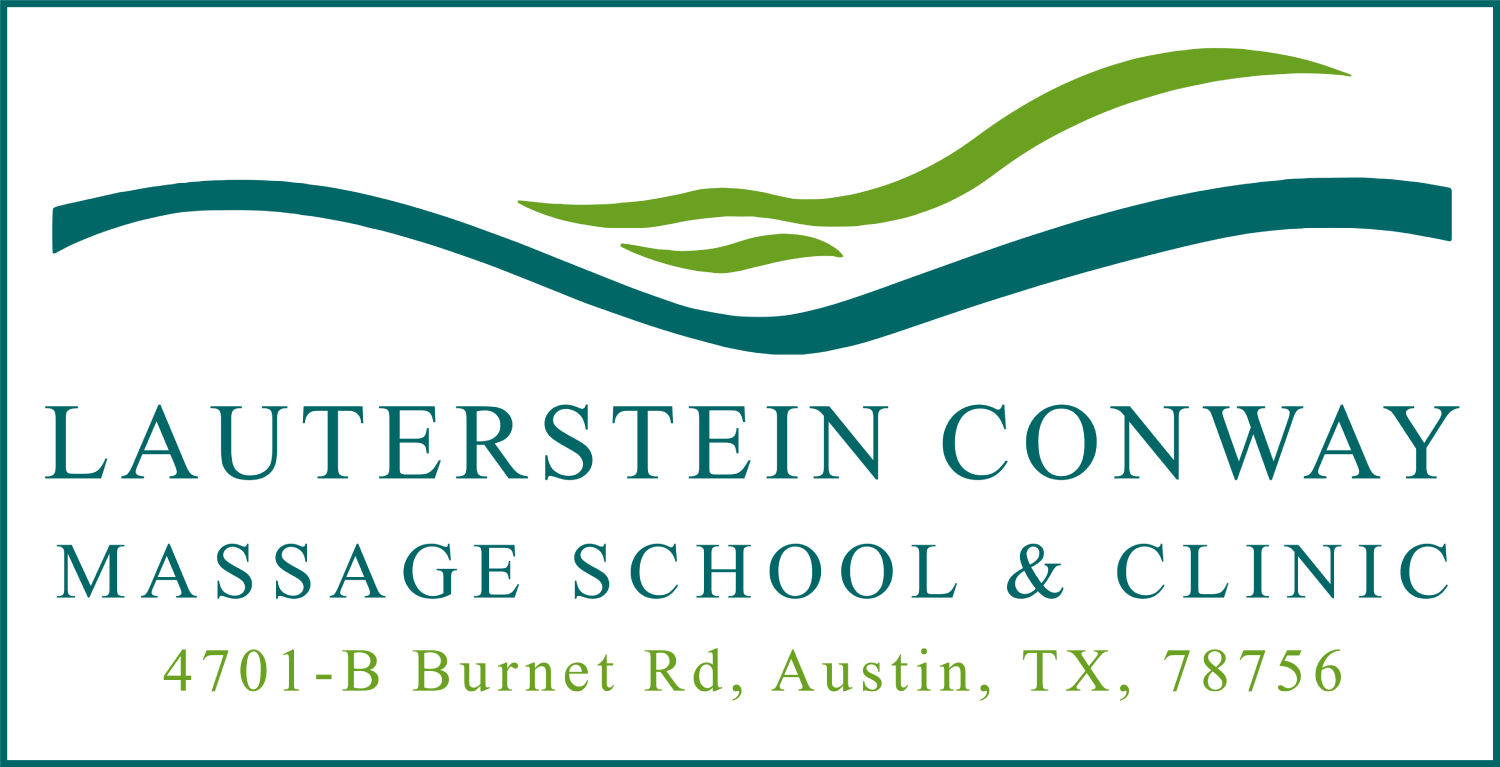I asked some questions the other day in this blog and on Facebook and got over 250 comments! Today it occurred to me to see how I would answer these questions.
1. Is massage/bodywork a science?
2. Is it a form of non-verbal psychotherapy?
3. Is it a fine art?
4. A form of holistic healthcare?
5. A medical practice?
6. A wellness modality?
7. A liberal art?
8. A spiritual practice?
1. Is massage/bodywork a science?
No. But it is informed by scientific knowledge. Massage applies scientific knowledge to guide hands, mind and heart in skillful work with our clients. A well-trained therapist will have quite detailed knowledge of all the bodies’ systems, especially the musculo-skeletal, and understand their relevance to massage and client outcomes. They ideally will also be familiar with research and knowledge of claims which are based in solid evidence or for which there is no evidence or for which there is disproof.
2. Is it a form of non-verbal psychotherapy?
No. But it is useful to have personal and intellectual knowledge of psychology to enhance the effects of manual therapy on the whole person. Understanding developmental theories, character structure, defense mechanisms, emotional processing, and the respective psycho-biological roles of the diencephalon, limbic system and cerebrum can add enormously to one’s therapy. Often the most sensitive therapist will be someone who has committed to their own bodymind learning through psychotherapy or a similar self-growth path. In any case we see that that sometimes touch can be more deeply effective than words.
3. Is it a fine art?
No, not traditionally. But it can be as deeply affective as hearing a wonderful symphony or seeing a great artwork. Visual and musical art depend on the distal senses of seeing and hearing. Massage depends on the proximal, “haptic” sense, which is experience in the body (through the sense of touch, balance, proprioception, etc.). So can it give rise to haptic experience as breathtaking and moving as visual or musical art? Yes.
4. A form of holistic healthcare?
Yes. A healthcare system that, for instance, doesn’t take emotions into account, is simply a bad system. The whole person is relevant to understanding tension and disease. Health is experienced not only physically, but psychologically as well. Whereas the goal of some medicine is to alleviate disease, the goal of holistic healthcare is to, in addition, contribute caringly to the experience of health.
5. A medical practice?
No and Yes. According to most U.S. state massage regulations, no. A few states and Canada do formally recognize massage as a branch of medicine. However, most U.S. therapists are more or less civil disobedient here, because people seek us out regularly for symptom relief. Ideally there should be no distinction between holistic health care and the practice of medicine. Legally speaking in most U.S. states, however, we are not medical, we are healthcare, practitioners.
6. A wellness modality?
Yes. Massage is commonly sought not just for symptom-relief, but as a way to enhance wellness – like yoga, meditation, breathing exercises, etc. Massage feels good and, from the standpoint, of wellness, this is significant. Whereas pleasure does not play much of role in standard medical practice, wellness modalities recognize that pleasure, in the best of senses, is one of the most important ingredients of health.
7. A liberal art?
Not traditionally, but I’m intrigued with what Aldous Huxley called the “non-verbal humanities”. I believe one can learn as much from receiving superb bodywork as from reading philosophy. If communication is predominantly non-verbal (they say 93%!), then so is most of our knowledge. Massage carries the possibility of the person experiencing both conscious and unconscious insight – affecting our belief systems and thoughts as much or more so than traditional academic study. The body as a source of knowledge is an important corrective to the predominance of mental education.
8. A spiritual practice?
It can be. Reconnection and re-identification with the experienced body can be a spiritual experience. The uplifting feeling of enhanced aliveness, or feeling connected to nature within oneself, can lead to identifying with nature around us. Caring touch tends to generate more compassion for oneself and others. Massage can lead to an experience of “ecstasy” as described by psychotherapist Robert Johnson. Experiences beyond the everyday importantly refresh and inspire us.
So am I recommending any one or any combination of the eight approaches above? No, these are just my answers – I like the widest view, in which any and all of the above answers can be true. Your answers to these questions are the most important for you.
